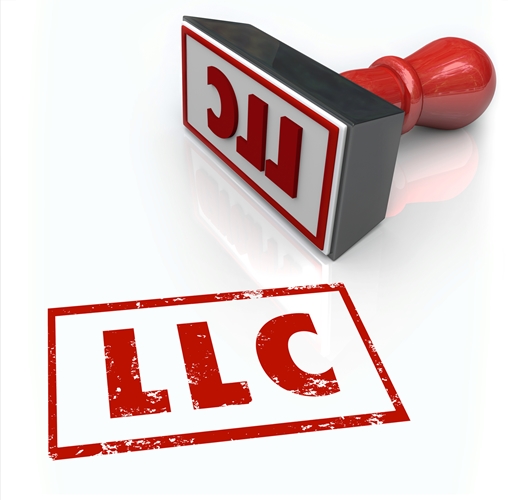As a business owner, protecting your personal assets should be a top priority.
Running a business always involves a level of financial investment and risk. However, as a Sole Proprietor, your personal assets are directly exposed to any debts or liabilities your business incurs. This means that if your business faces financial difficulties or legal challenges, your personal finances, including your home, car, and savings accounts, could be targeted. Statistics show that the majority of businesses do not survive beyond five years. It is therefore essential to protect yourself. .
With an LLC, you create a legal barrier that separates your personal assets from your business liabilities. This separation ensures that your personal finances remain shielded from any financial or legal obligations incurred by your business. For example, if your LLC takes out a loan for business purposes and defaults on the loan, you won’t be personally liable for repayment
Step-by-Step Guide to Creating an LLC:
- Check Name Availability: Check your state’s records and perform a national name search to avoid trademark conflicts and make sure the name you want is available.
- Register for an EIN: Obtain an Employer Identification Number (EIN) for your LLC, similar to a Social Security Number for individuals, from the IRS. This unique identifier is necessary for various business functions, including banking, taxation, and employee recruitment.
- File Articles of Organization and Register your Business with the State : Prepare and file the Articles of Organization, which officially establish your LLC. Articles of Organization provide basic information about your company, such as the names of owners or members, the business address, and the date of establishment, and establishes your Registered Agent. Once filed, this officially establishes your LLC and you will be directed to Register your business. .
- Create an Operating Agreement: Developing a comprehensive Operating Agreement is crucial for outlining how your LLC will operate. It should cover important aspects such as management structure, voting rights, ownership shares, and procedures for dispute resolution. Additionally, the agreement should address potential scenarios like business dissolution and inheritance of shares.
- Obtain Required Licenses: Research and acquire any licenses or certifications required by your state or city to operate your specific type of business. Compliance with local regulations and licensing requirements is vital to avoid fines and operational delays.
- Establish a Team of Advisors: Engage with experienced professionals, such as attorneys, accountants, and insurance agents, to guide you through the LLC formation process and ongoing legal and financial matters. They can provide tailored advice and ensure your business is operating in accordance with all applicable laws and regulations.
Creating an LLC offers business owners a crucial layer of protection for their personal assets. By following the step-by-step guide provided in this article and seeking professional guidance, you can establish a robust legal structure for your business. Remember, it’s important to periodically review and update your LLC’s operating agreements and seek advice from trusted advisors to mitigate risks and maximize your business’s potential for success. Contact us to schedule a strategy session to make sure your business in compliant and can grow to the next level. Or if you don’t want the hassle of creating your LLC, we can do that for you too! Call us today!

